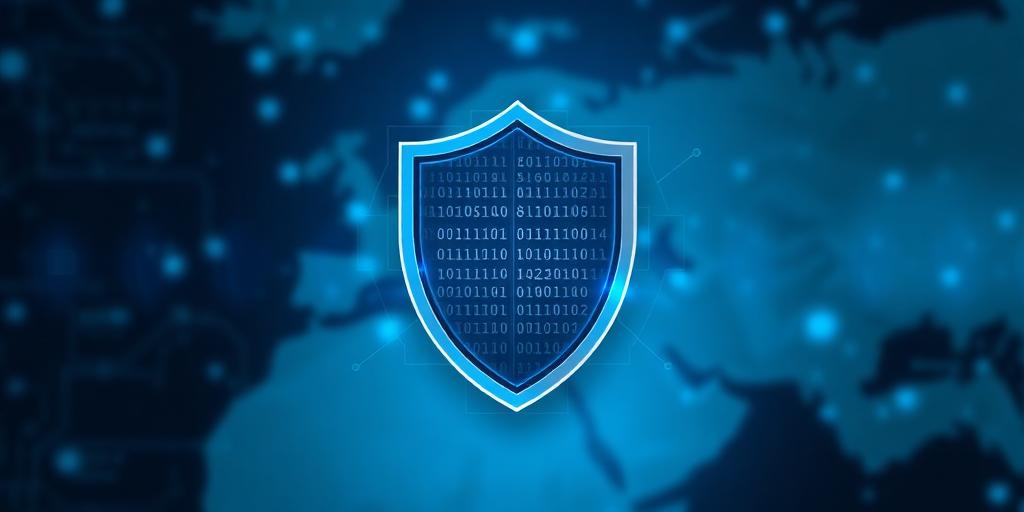Cybersecurity Challenges for NGOs in Conflict Zones
Non-governmental organizations (NGOs) operating in conflict zones face immense challenges, and cybersecurity is often overlooked. These organizations handle sensitive data, making them prime targets for cyberattacks. Let's dive into the specific challenges and how NGOs can bolster their defenses.
Unique Cybersecurity Challenges
- Limited Resources: NGOs often operate on tight budgets, making it difficult to invest in robust cybersecurity measures.
- Lack of Expertise: Many NGOs lack in-house cybersecurity experts, hindering their ability to implement and manage security protocols effectively.
- Data Sensitivity: NGOs collect and manage highly sensitive data, including personal information of vulnerable populations, making data breaches potentially devastating.
- Geographic Dispersion: Operating in remote and conflict-ridden areas means NGOs rely on less secure communication and data infrastructure.
- Targeted Attacks: NGOs are increasingly becoming targets for state-sponsored actors, hacktivists, and criminal groups aiming to disrupt operations or steal data.
Types of Cyber Threats
- Phishing Attacks: Cybercriminals use deceptive emails to trick employees into revealing sensitive information.
- Malware Infections: Malicious software can disrupt operations, steal data, or encrypt critical systems.
- Ransomware Attacks: Cybercriminals encrypt an NGO’s data and demand a ransom for its release, crippling operations.
- Data Breaches: Unauthorized access to sensitive data can lead to identity theft, financial loss, and compromised operations.
- Denial-of-Service (DoS) Attacks: Overwhelming an NGO’s systems with traffic, making it impossible for legitimate users to access essential services.
Best Practices for Cybersecurity
- Risk Assessment: Identify and assess potential cybersecurity risks. This includes understanding the threat landscape and identifying vulnerabilities.
- Employee Training: Conduct regular training to educate employees about cybersecurity threats, phishing scams, and best practices for data protection.
- Strong Passwords and Multi-Factor Authentication (MFA): Enforce the use of strong, unique passwords and enable MFA for all critical accounts.
- Endpoint Protection: Install and maintain antivirus software, firewalls, and intrusion detection systems on all devices.
- Data Encryption: Encrypt sensitive data both in transit and at rest to prevent unauthorized access.
- Regular Backups: Implement a robust backup and recovery plan to ensure data can be restored in the event of a cyberattack.
- Incident Response Plan: Develop and regularly test an incident response plan to quickly and effectively respond to cybersecurity incidents.
- Collaboration: Partner with cybersecurity firms, NGOs, and government agencies to share threat intelligence and coordinate responses.
Conclusion
Cybersecurity is paramount for NGOs operating in conflict zones. By understanding the unique challenges they face and implementing robust security measures, NGOs can protect their data, maintain their operations, and continue to provide critical assistance to vulnerable populations. Proactive cybersecurity is not just a technical requirement; it's an ethical imperative.









